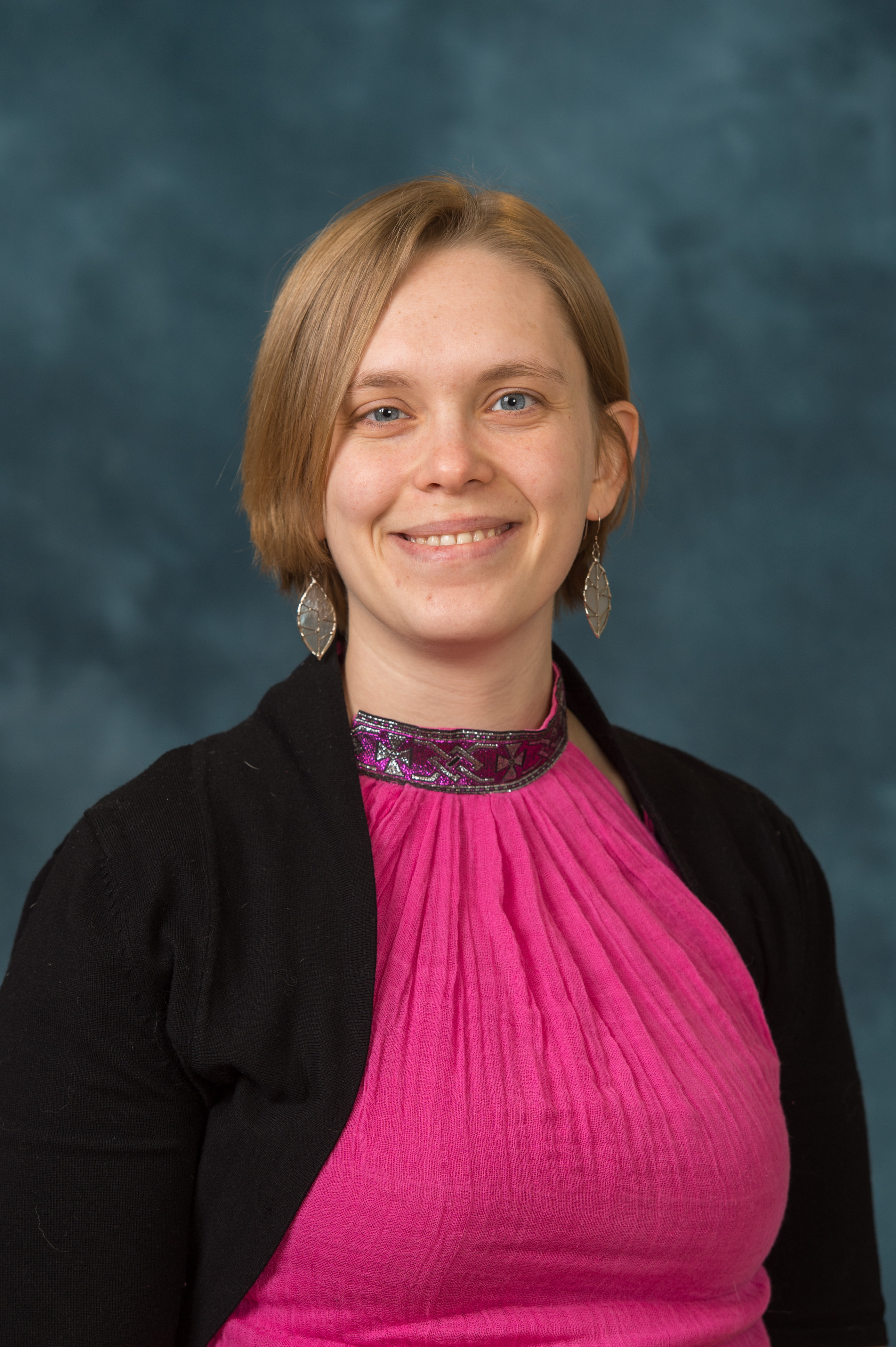Stand up for Science: Practical Approaches to Discussing Science that Matters
Expert Voices Gallery / Lesson 23 of 47
Expert Voice Q&A - Ada Hagan
0 minutes

Information about Ada Hagan
What is your name, title, and role at the University of Michigan?
Ada Hagan, M.S., Ph.D. Candidate in the Department of Microbiology & Immunology, Co-founder & former editor-in-chief of MiSciWriters
Why are your public engagement efforts in education and/or outreach important (to you and/or to the cause you’re working to promote)?
Scientific papers are not easily readable by those outside of the field nor are many scientific conferences accessible, which means that valuable insights may go unappreciated. I work to translate the results of such scientific papers and conference presentations into language non-experts understand. I feel this is important because it facilitates informed decision-making in our day-to-day lives, by policy makers and can have positive impacts on seemingly unrelated fields of research.
Ada Hagan on Audience
Who do you interact with when working in education and/or outreach? What makes this audience different from other groups that you might interact with?
I mainly interact with people on the internet, many of whom are already curious about science. It’s easier to catch the attention of, and communicate with, people who are already curious than those who might have to be convinced that science is important to their livelihoods (e.g. legislators, high schoolers, tv audiences, extended family).
What suggestions do you have for making interactions with educators, learners, and/or lay-audiences as effective as possible?
Very clearly identify the message you want to communicate (1 sentence, if possible) and identify why your audience might be reading/viewing your communication—curiosity, evidence, answers, etc.—to find the best framing for your message (i.e. to give it context).
What is the biggest challenge you face when trying to work with educators, learners, and/or lay-audiences? What is the biggest reward?
The biggest challenge is identifying the life experience and level of knowledge that your audience has in common. The biggest reward is when your communication is effective and your audience is left with a greater appreciation for, or understanding of, science.
Ada Hagan on Messaging
When you’re planning to interact with educators, learners, and/or lay-audiences, how do you decide what you want to focus on?
I start with a current interest of my own since ideas and concepts seem to resonate better with others when you enjoy them first. I then narrow my focus and adjust the context according to the limits of my communication interaction and audience e.g., time/word limits, audience knowledge, audience interest.
If a scientist wanted a single idea to “stick” in the mind of an educator, learner, or lay-audience, what advice would you give them as to how best to shape/pitch that idea?
Humans are selfish and make emotional choices (even if we strive to be altruistic and rational). Understanding that framework and building it into your pitch (possibly through connections to the audience's interests) will help communicate the value of your perspective or idea. Next, back that emotional component with data while avoiding condemnation of their current point of view and you might be able to change minds.